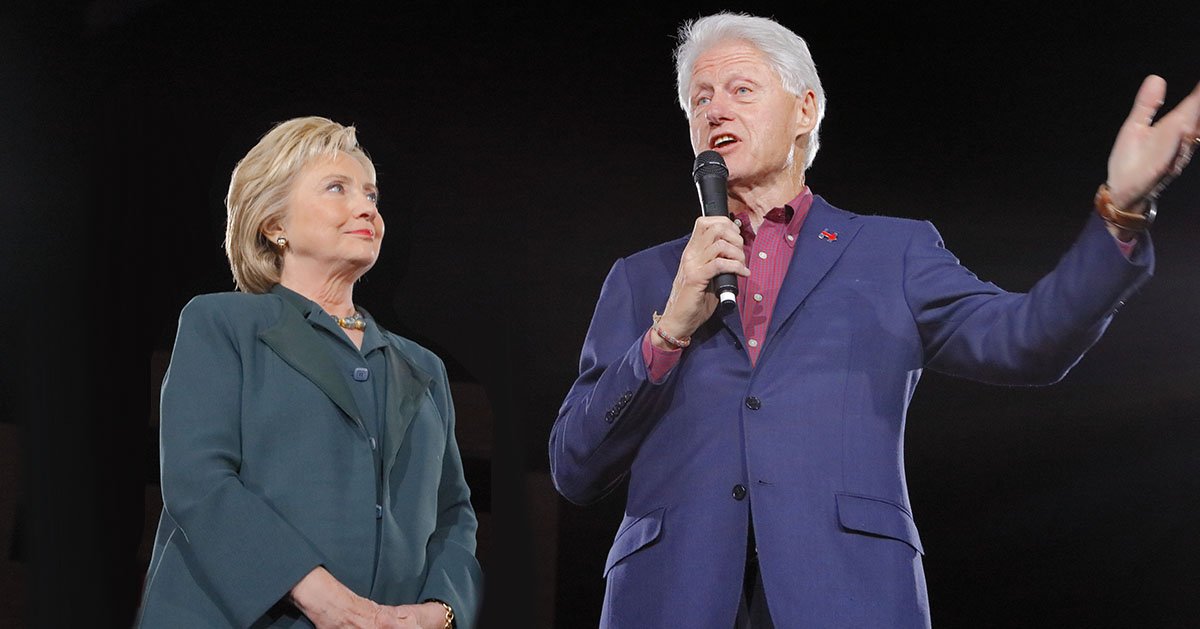



Jon-Adrian “JJ” Velazquez, who was convicted of the 1998 murder of retired Detective Albert Ward, has had his conviction vacated after serving 23 years in prison according to The New York Times.
On September 30, 2024, Manhattan Judge Abraham Clott cleared Velazquez’s record after new DNA evidence exonerated him from the crime. This long-awaited ruling comes after Velazquez spent years maintaining his innocence.
The case hinged on DNA evidence that proved Velazquez’s exclusion from a critical piece of evidence linked to the crime. Velazquez had been convicted for allegedly shooting Ward during a robbery at a gambling parlor in Harlem.
In 2021, he was granted clemency by then-Governor Andrew Cuomo, allowing his release, but the conviction was still upheld. The recent decision officially clears Velazquez’s name.
The key to Velazquez’s exoneration was DNA testing initiated by the Manhattan District Attorney’s Post-Conviction Justice Unit, established in 2022.
The investigation found that Velazquez’s DNA was not present on a betting slip handled by the shooter, a man known as "Tee." This betting slip was considered a critical piece of evidence linking the shooter to the crime.
Previously, Velazquez's attempts to vacate his conviction in 2014 and 2018 were denied. However, with the new DNA evidence excluding Velazquez, the conviction was finally overturned. The conviction and indictment will be sealed within 30 days, according to the court's ruling.
Velazquez's legal team had long argued that eyewitnesses provided conflicting descriptions of the suspect.
These inconsistencies, combined with the absence of Velazquez’s DNA on the betting slip, prompted prosecutors to reconsider the case. The District Attorney’s office acknowledged these issues, playing a role in the judge’s decision to vacate the conviction.
During the original investigation, multiple witnesses had identified Velazquez as the shooter, but their accounts lacked consistency. The shooter, referred to as "Tee," remains unidentified and at large. Despite these challenges, Velazquez was convicted and imprisoned for over two decades.
The new evidence was uncovered by the Post-Conviction Justice Unit, created by Manhattan District Attorney Alvin Bragg to reexamine cases where there were claims of wrongful conviction.
In Velazquez’s case, the unit utilized advanced DNA testing methods that were unavailable at the time of his trial. The testing revealed that Velazquez was excluded from the DNA mixture found on the betting slip, a significant piece of evidence tied to the crime.
“This decision brings an end to more than 25 years of living under the shadow of his conviction,” said District Attorney Alvin Bragg. He expressed hope that the ruling would bring a new chapter in Velazquez’s life, commending the Post-Conviction Unit for their efforts.
After the ruling, Velazquez expressed relief and gratitude for the people who had supported him throughout his fight for justice.
“Who am I? I’m a very lucky man. I’m lucky that so many people believed in me,” he told reporters. Velazquez had always maintained his innocence and actively sought to clear his name during his years in prison.
The 23-year ordeal, which included repeated legal challenges, brought national attention to Velazquez’s case. His clemency in 2021 was a turning point, but the shadow of his conviction still loomed large until the judge’s ruling on September 30, 2024.
Despite Velazquez’s exoneration, many questions remain unresolved. The identity of the actual killer, "Tee," is still unknown, and authorities have not indicated whether the investigation will continue to search for new suspects. It is also unclear if any other individuals involved in the robbery were convicted or remain at large.
Prosecutors have stated that there is currently no evidence pointing to any other suspects in the murder of retired Detective Albert Ward. As of now, it remains uncertain if justice will ever be fully served for Ward’s family.
Velazquez’s legal battle included multiple attempts to overturn his conviction, both of which were denied prior to this breakthrough.
His case has been a high-profile example of potential wrongful conviction, sparking debate about the criminal justice system and the challenges of overturning wrongful verdicts.
Manhattan District Attorney Alvin Bragg has emphasized the importance of the Post-Conviction Justice Unit in reviewing cases where new evidence might alter the outcome of a conviction. Velazquez’s case is one of the most significant to be reviewed by the unit since its formation.



